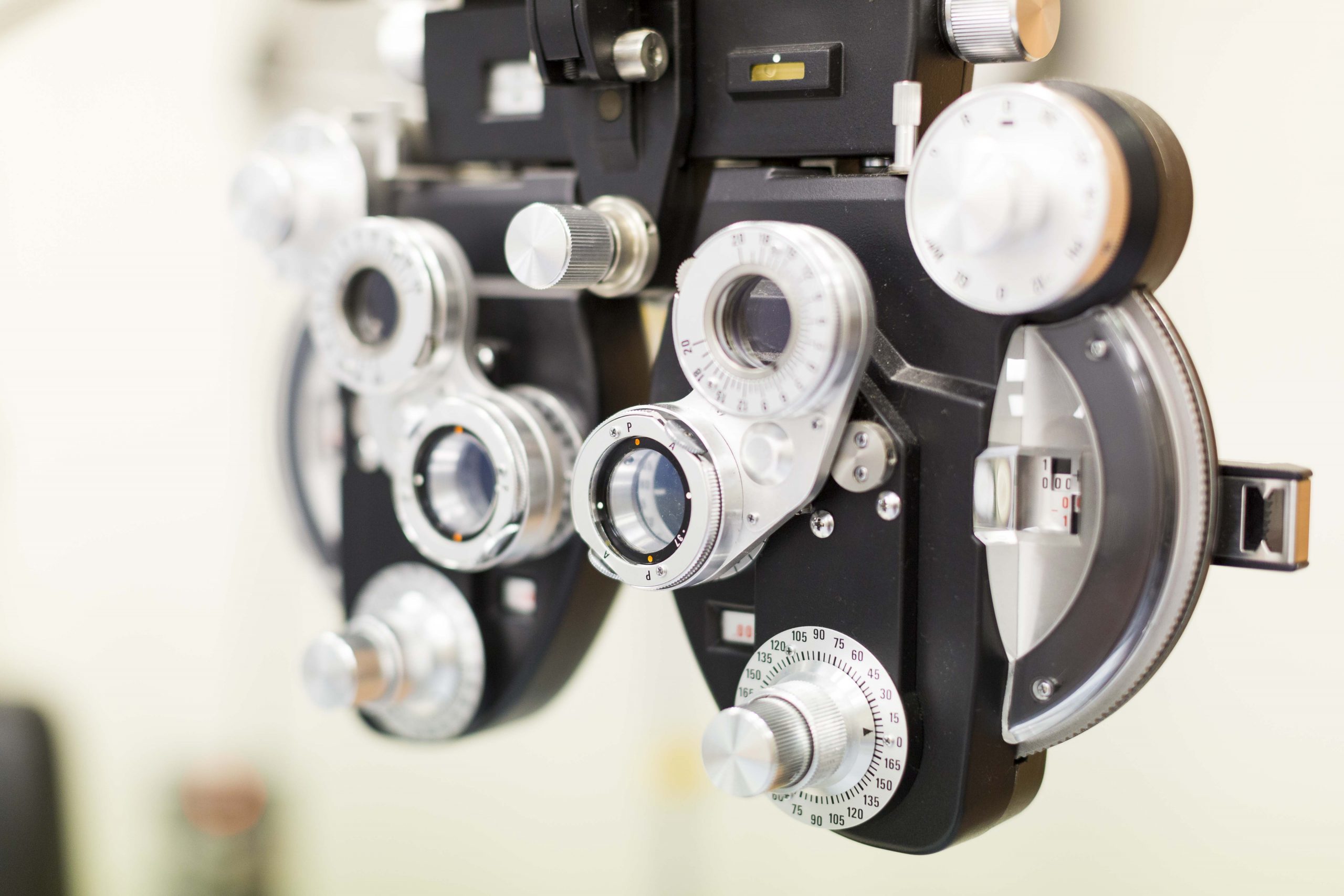Have you ever wondered why women sometimes seem to be disconnected from their emotions or from the people around them? It’s a common experience that can be frustrating for both women and the people who care about them. But there are actually a number of reasons why women might feel disconnected, and understanding these reasons can help us to build stronger, more meaningful relationships.
One of the most common reasons for female disconnection is that women are often socialized to suppress their emotions. They’re told that it’s not okay to be angry or sad, and that they should always be polite and agreeable. This can lead to women feeling like they can’t express their true feelings, which can in turn lead to disconnection from themselves and from others.
Another reason for female disconnection is that women are often expected to be perfect. They’re expected to be successful at work, at home, and in their relationships.

Understanding female IRD carriers | CERA – Source www.cera.org.au
This can lead to women feeling like they’re never good enough, which can in turn lead to disconnection from themselves and from others.
Understanding Female Disconnection: Exploring The Reasons And Finding Connections
What is Female Disconnection?
Female disconnection is a term used to describe the tendency of women to feel disconnected from their emotions, their bodies, and the people around them. This can be a challenging experience for women, as it can lead to feelings of loneliness, isolation, and depression. There are many different reasons why women might feel disconnected, including cultural factors, social expectations, and personal experiences.
Cultural factors can play a significant role in female disconnection. In many cultures, women are taught to be passive, submissive, and self-sacrificing. This can lead to women feeling like they have to suppress their own needs and desires in order to please others. Over time, this can lead to a sense of disconnection from their own true selves.
Social expectations can also contribute to female disconnection. In many societies, women are expected to be perfect mothers, wives, and daughters. This can put a lot of pressure on women to conform to unrealistic standards. When women feel like they can’t meet these expectations, it can lead to feelings of inadequacy and disconnection.
Personal experiences can also contribute to female disconnection. Trauma, abuse, and neglect can all lead to feelings of disconnection from oneself and from others. These experiences can make it difficult for women to trust others and to feel safe in relationships.
Understanding Female Nature – Source missiontomanhood.gumroad.com
The History and Myth of Female Disconnection
The history of female disconnection is a long and complex one. In many cultures, women have been seen as inferior to men. This has led to women being marginalized and excluded from positions of power and influence. As a result, women have often been forced to suppress their own voices and desires in order to survive.
The myth of female disconnection is the idea that women are naturally more emotional and irrational than men. This myth has been used to justify the exclusion of women from positions of power and influence. However, there is no scientific evidence to support this myth. In fact, research has shown that women are just as rational and logical as men.
The Hidden Secret of Female Disconnection
The hidden secret of female disconnection is that it is a form of self-protection. When women feel disconnected, it is often because they are trying to protect themselves from being hurt. This can be a healthy response to trauma, abuse, or neglect. However, it can also be a problem if it leads to women isolating themselves from others.
It is important to remember that female disconnection is not a sign of weakness. It is simply a way for women to cope with the challenges of living in a patriarchal society. If you are a woman who is struggling with disconnection, it is important to know that you are not alone. There are many resources available to help you.

Express lack of understanding 2BAC – Kezakoo – Source www.kezakoo.com
Recommendations for Understanding Female Disconnection
If you are trying to understand female disconnection, there are a few things you can do. First, it is important to be patient and understanding. It may take time for women to open up and share their experiences. Second, it is important to be respectful of women’s boundaries. Do not try to push them to talk about things they are not ready to discuss.
Finally, it is important to be supportive of women. Let them know that you are there for them and that you believe in them. By creating a safe and supportive environment, you can help women to overcome their disconnection and to connect with themselves and with others.
What Causes Female Disconnection?
There are many different factors that can contribute to female disconnection, including:
- Cultural factors
- Social expectations
- Personal experiences
- Trauma
- Abuse
- Neglect
It is important to note that not all women who experience these factors will develop female disconnection. However, these factors can increase the risk of developing this condition.

Finding Connections (Bellingwood, #35) by Diane Greenwood Muir | Goodreads – Source www.goodreads.com
Tips for Understanding Female Disconnection
If you are trying to understand female disconnection, there are a few things you can do:
- Be patient and understanding.
- Be respectful of women’s boundaries.
- Be supportive of women.
- Create a safe and supportive environment.
- Encourage women to talk about their experiences.
- Help women to develop coping mechanisms.
- Educate yourself about female disconnection.
How to Help Someone Who is Experiencing Female Disconnection
If you know someone who is experiencing female disconnection, there are a few things you can do to help:
- Be there for them.
- Listen to them without judgment.
- Offer your support.
- Help them to find resources.
- Encourage them to seek professional help.
Fun Facts about Female Disconnection
Here are a few fun facts about female disconnection:
- Female disconnection is more common than you think.
- Female disconnection can affect women of all ages, races, and socioeconomic backgrounds.
- Female disconnection is not a sign of weakness.
- Female disconnection can be treated.

The Dangers of Feeling Disconnected From Nature | Shortform Books – Source www.shortform.com
How to Overcome Female Disconnection
If you are struggling with female disconnection, there are a few things you can do to overcome it:
- Talk to a therapist.
- Join a support group.
- Practice self-care.
- Learn to set boundaries.
- Build healthy relationships.
What if I Am Not a Woman?
Even if you are not a woman, you can still learn about and understand female disconnection. This information can be helpful for anyone who wants to build stronger, more meaningful relationships with women.
Listicle: 10 Things You Can Do to Understand Female Disconnection
- Be patient and understanding.
- Be respectful of women’s boundaries.
- Be supportive of women.
- Create a safe and supportive environment.
- Encourage women to talk about their experiences.
- Help women to develop coping mechanisms.
- Educate yourself about female disconnection.
- Be there for women who are experiencing female disconnection.
- Listen to them without judgment.
- Offer your support.
Question and Answer
- What is female disconnection?
- What causes female disconnection?
- How can I help someone who is experiencing female disconnection?
- What if I am not a woman? Can I still learn about and understand female disconnection?
Female disconnection is a term used to describe the tendency of women to feel disconnected from their emotions, their bodies, and the people around them.
There are many different factors that can contribute to female disconnection, including cultural factors, social expectations, personal experiences, trauma, abuse, and neglect.
If you know someone who is experiencing female disconnection, there are a few things you can do to help: be there for them, listen to them without judgment, offer your support, help them to find resources, and encourage them to seek professional help.
Even if you are not a woman, you can still learn about and understand female disconnection. This information can be helpful for anyone
